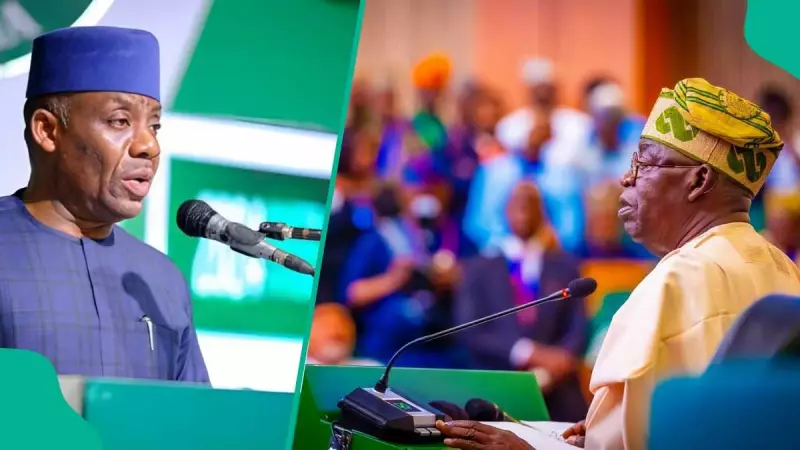
In a decisive move that could reshape Nigeria's higher education landscape, President Bola Tinubu has issued a firm directive to the Minister of Education, Prof. Tahir Mamman, to find lasting solutions to the recurring strikes that have plagued Nigerian universities for decades.
The presidential command came during a crucial meeting at the State House in Abuja, where Tinubu emphasized the urgent need to protect Nigerian students from further academic disruptions. The President's intervention signals a new approach to tackling the perennial challenges between the government and the Academic Staff Union of Universities (ASUU).
A New Era for Nigerian Education
President Tinubu's directive represents a significant shift in the government's strategy toward handling industrial actions in the education sector. "Enough is enough," the President declared, stressing that Nigerian students deserve uninterrupted academic sessions and quality education without constant threats of strikes.
The Education Minister has been tasked with implementing comprehensive reforms that will address the root causes of frequent strikes, including:
- Improving funding for university education
- Enhancing welfare packages for academic staff
- Modernizing educational infrastructure
- Creating sustainable dialogue mechanisms
What This Means for Students and Parents
For millions of Nigerian students and their families, this development brings renewed hope. The constant uncertainty surrounding academic calendars has long been a source of frustration, with many students spending extra years to complete programs that should take less time.
"Our children's future cannot continue to be held hostage by industrial actions," President Tinubu asserted during the meeting. The government's new stance suggests that concrete measures will be implemented to ensure that universities remain functional throughout the academic year.
The Road Ahead
While the President's directive has been widely welcomed by stakeholders, education experts caution that implementing lasting solutions will require careful planning and sustained commitment. The Minister of Education now faces the challenging task of bridging the gap between government policies and the demands of academic staff.
As the education ministry begins work on this crucial assignment, all eyes will be on Prof. Mamman to deliver on the President's mandate and finally bring stability to Nigeria's university system.






